Gravity-Based Water Purifier – Its Advantages & Disadvantages
In today’s world, where clean drinking water is increasingly becoming a concern, water purifiers play a crucial role in ensuring that our drinking water is safe and free from contaminants. Among the various types of water purifiers available, the gravity-based water purifier stands out as a popular choice for many households. Let’s delve into its advantages and disadvantages to understand why.
Advantages of Gravity-Based Water Purifiers
1. Affordability and Accessibility
Gravity-based water purifiers are relatively affordable compared to other types of water purification systems such as RO (Reverse Osmosis) or UV (Ultraviolet) purifiers. This makes them accessible to a wider range of households, especially in areas where budget constraints may limit the adoption of more expensive technologies.
2. No Electricity Required
One of the biggest advantages of gravity-based purifiers is that they do not require electricity to operate. They work on the principle of gravity and do not rely on a power source for purification. This feature makes them ideal for use in areas with erratic power supply or in places where electricity is not available at all times.
3. Easy Maintenance
Gravity-based purifiers are known for their simplicity and ease of maintenance. They typically consist of a few basic components such as a storage tank, filters, and a tap for dispensing water. The filters in these purifiers are usually easy to replace and require minimal upkeep, making them convenient for busy households.
4. Effective Removal of Physical Impurities
These purifiers are effective in removing visible impurities such as dirt, sand, and sediment from water. They use a combination of sediment and activated carbon filters to trap and filter out these contaminants, ensuring that the water is visibly clear and clean.
5. Environmentally Friendly
Since gravity-based purifiers do not require electricity for operation, they have a lower environmental impact compared to other types of purifiers that consume electricity. This renders them a preferable option for consumers who prioritize environmental sustainability.
Disadvantages of Gravity-Based Water Purifiers
1. Limited Purification Capability
One of the main drawbacks of gravity-based purifiers is that they may not be as effective as RO or UV purifiers in removing certain types of contaminants such as dissolved salts, heavy metals, and microbiological impurities. They are primarily designed for removing physical impurities and improving the taste of water.
2. Limited Capacity
Gravity-based purifiers typically have a limited storage capacity compared to other types of purifiers. This means that they may not be suitable for larger households or for situations where a large volume of purified water is required frequently.
3. Regular Cleaning Required
To maintain the efficiency of a gravity-based purifier, regular cleaning and maintenance of the filters and storage tank are necessary. Failure to clean these components adequately can lead to a build-up of contaminants and affect the quality of purified water.
4. Not Suitable for Highly Contaminated Water
In areas where water is heavily contaminated with chemical pollutants or microbiological contaminants such as bacteria and viruses, gravity-based purifiers may not provide adequate purification. In such cases, more advanced purification technologies like RO or UV purifiers are recommended.
5. Initial Setup and Assembly
Setting up a gravity-based purifier may require some initial effort in terms of assembly and installation. While not overly complex, it may involve connecting different components and ensuring that the purifier is placed on a stable surface to prevent any accidents.
Aquafresh RO Purifier
Aquafresh RO Purifier is renowned as one of the best RO systems in India, known for its advanced purification technology and reliability. It effectively removes dissolved impurities like heavy metals and pesticides, ensuring safe and clean drinking water. With features such as multiple purification stages and high water output, Aquafresh RO Purifier stands out for its performance and customer satisfaction in tackling diverse water quality challenges across India.
Conclusion
Gravity-based water purifiers offer a practical and cost-effective solution for households looking to improve the quality of their drinking water. While they have certain limitations in terms of purification capabilities, their affordability, ease of maintenance, and independence from electricity make them a popular choice in many parts of the world. Ultimately, the choice of a water purifier should be based on individual water quality needs and the specific conditions of use.
Don’t Miss: 5 Signs Your Tap Water is Not as Safe as You Think

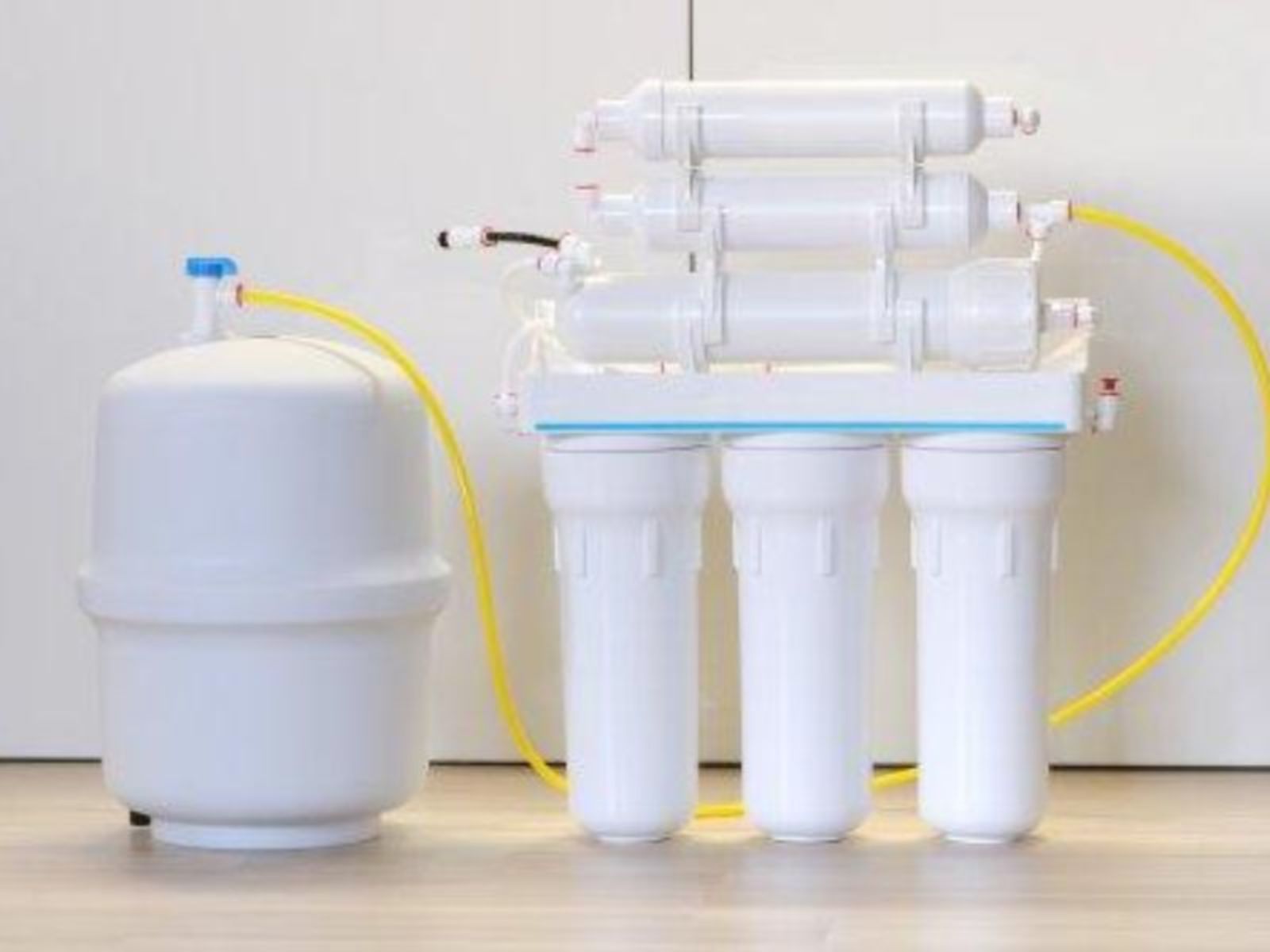
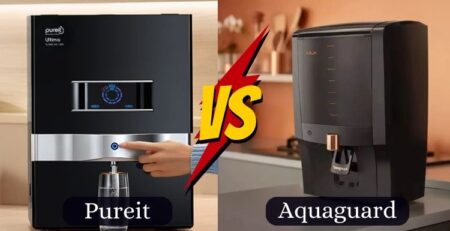
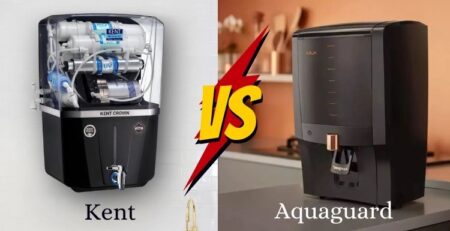
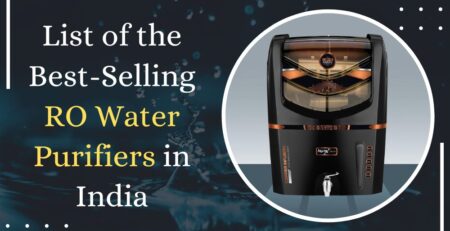


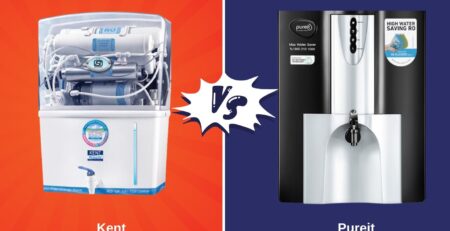
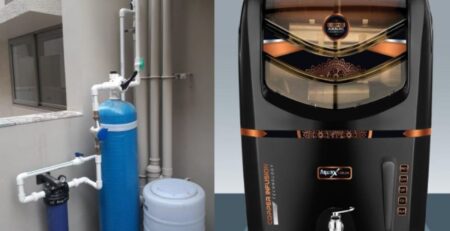
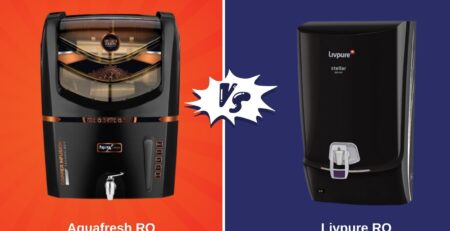
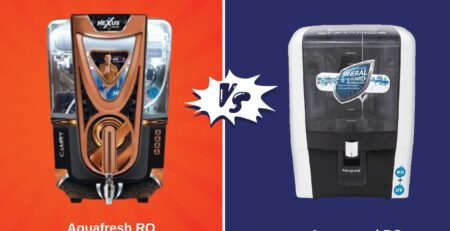
Leave a Reply